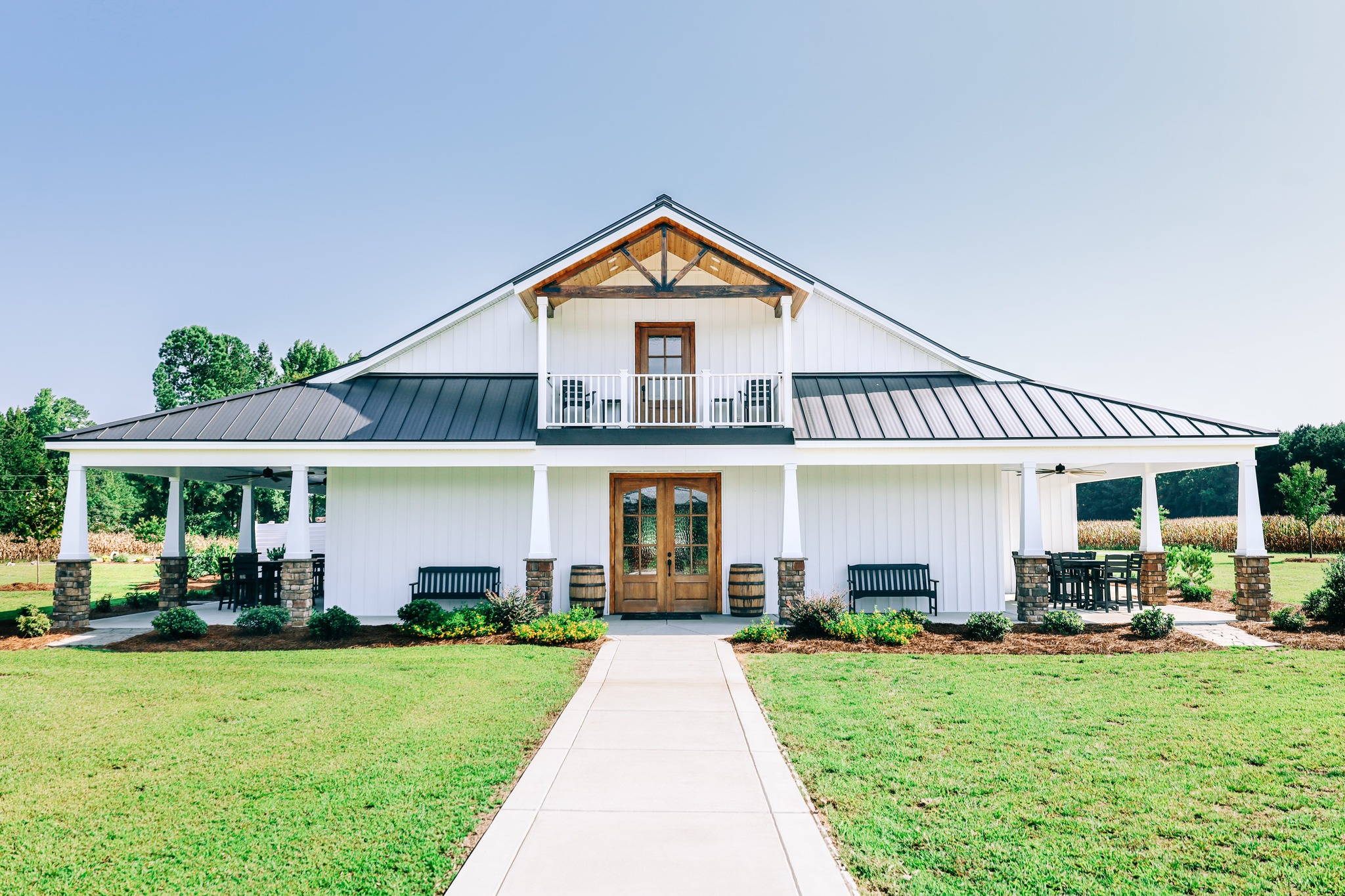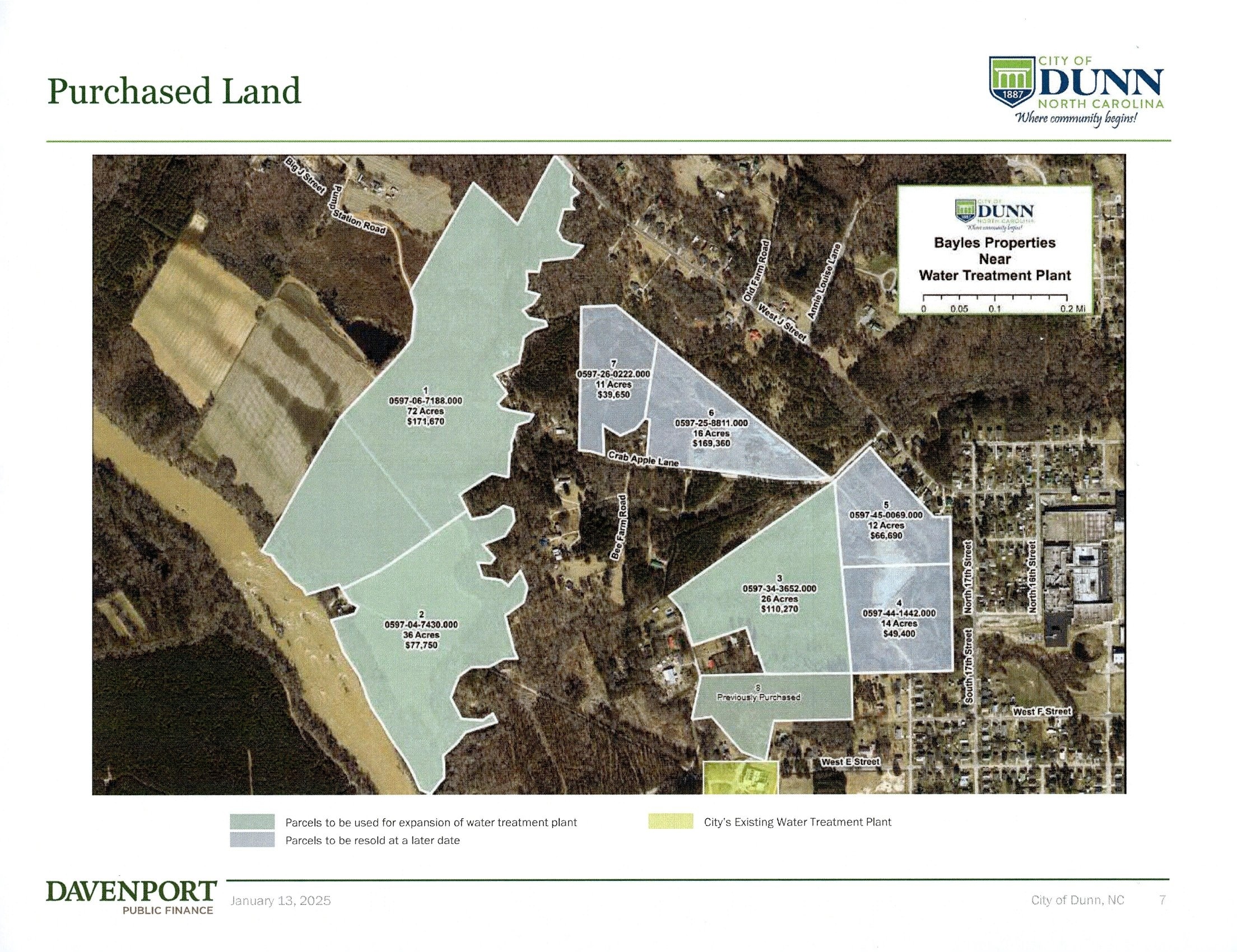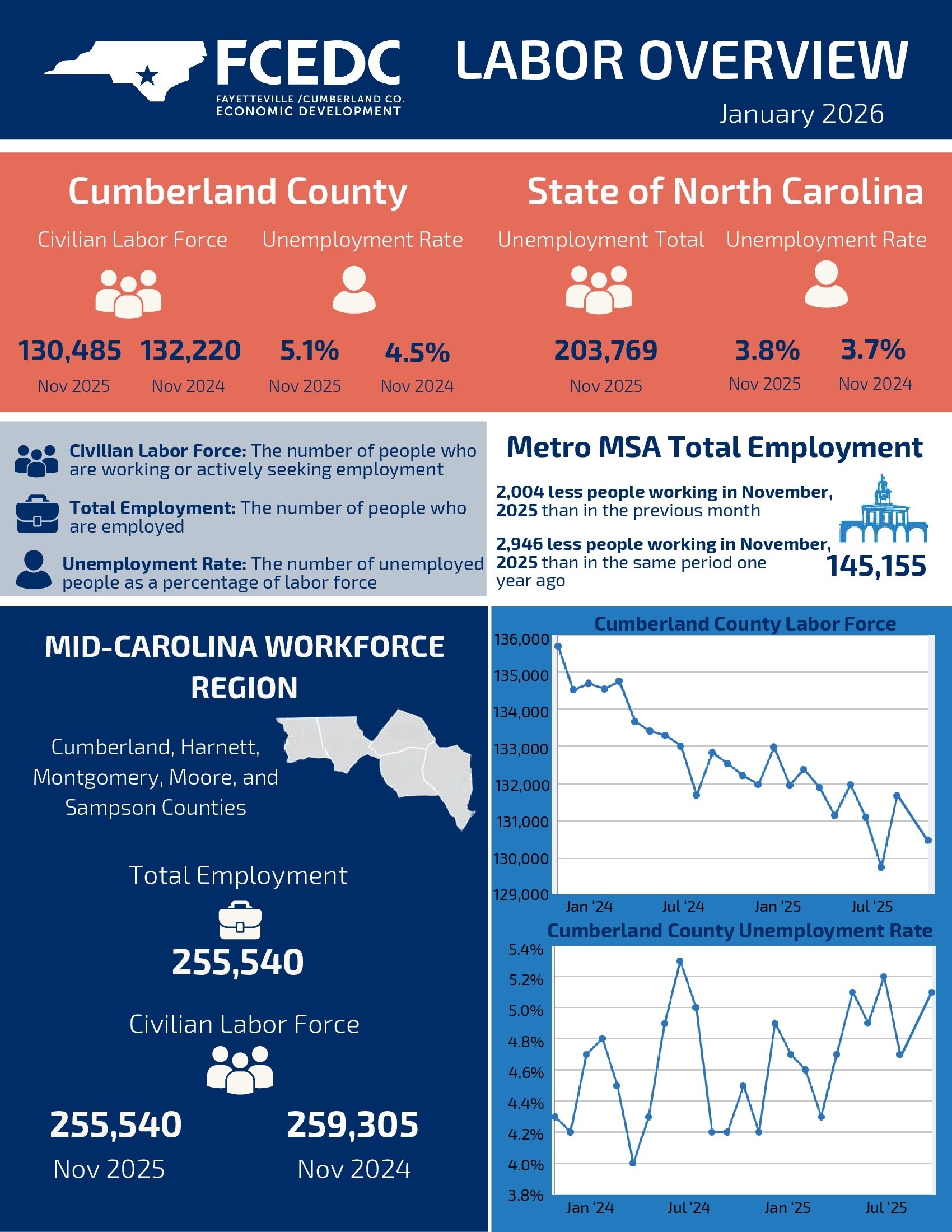
Cumberland County is one of 14 community teams selected to participate in the University of North Carolina at Chapel Hill’s Our State, Our Homes program, an initiative of the Carolina Across 100 program. Announced Wednesday, Jan. 22, the program aims to help improve access to and availability of affordable housing options in the state.
Cumberland County joins 22 counties grouped into teams with other localities to collaborate on addressing affordable housing challenges. Team 10 includes Cumberland, Harnett and Sampson counties. The program brings together a diverse group of local stakeholders —including business leaders, civic organizations, education institutions, nonprofit and faith-based groups, and government officials—providing the necessary tools and resources to assess local housing needs and create sustainable, community-driven solutions. Click here for more information about the program and to see the list of counties and view the map.
“The Our State, Our Homes program presents an invaluable opportunity for Cumberland County to engage with our regional partners and learn from statewide housing experts,” said Interim Community Development Director Tye Vaught in a press release. “The rising challenges of affordable housing affect us all, and we are committed to developing innovative strategies that improve access to housing for our residents and ensure long-term economic growth and stability in our community.”
The program’s launch comes at a critical time as nearly one-third of households in North Carolina are considered “cost-burdened,” meaning they spend over 30% of their income on housing. This issue not only limits families’ economic mobility but also hinders the ability of communities to attract and retain employers and workers, further impacting local economies and public health.

The program’s launch comes at a critical time nearly one-third of households in North Carolina are considered cost-burdened, meaning they spend more than 30% of their income on housing. This issue not only limits families’ economic mobility, but also hinders the ability of communities to attract and retain employers and employees, further impacting local economies and public health.
The selected counties represent urban, suburban and rural areas across the state facing a myriad of housing challenges including population growth, aging housing infrastructure, environmental hazards and rising construction costs. Over the next 18 months, participating communities will gain a comprehensive, data-driven understanding of local housing issues and develop high-impact solutions that are tailored to their unique needs.
The program also provides participating counties with ongoing coaching, technical assistance, and the chance to engage with a network of peers, national experts and state leaders to strengthen their affordable housing strategies.
Our State, Our Homes is part of the broader Carolina Across 100 initiative, which seeks to build sustainable, community-driven recovery efforts in all 100 North Carolina counties. The initiative is supported by the University of North Carolina School of Government’s Development Finance Initiative and is funded by the Office of the Chancellor and private foundations. For more information, visit ncimpact.org.

Owners Dana and Tracy Horne planted their vineyard in 2009. In 2019, they introduced their u-pick vineyard, and visitors loved the addition. They’ve also added a 4,608 sq ft. venue available to rent for events. Photo by Emily Grace Photography.Twiste

Mayor Elmore saw the necessity for this land acquisition when he first took office six years ago. The land owner recently came around to negotiations on the condition the sale was for all of his parcels. This is more land than the City of Dunn curren

While the weather outside is cold, the local job market is hot. Fayetteville employers continue to bring on additional talent across a variety of industries.Quality employment opportunities are available at companies across Fayetteville and Cumberlan